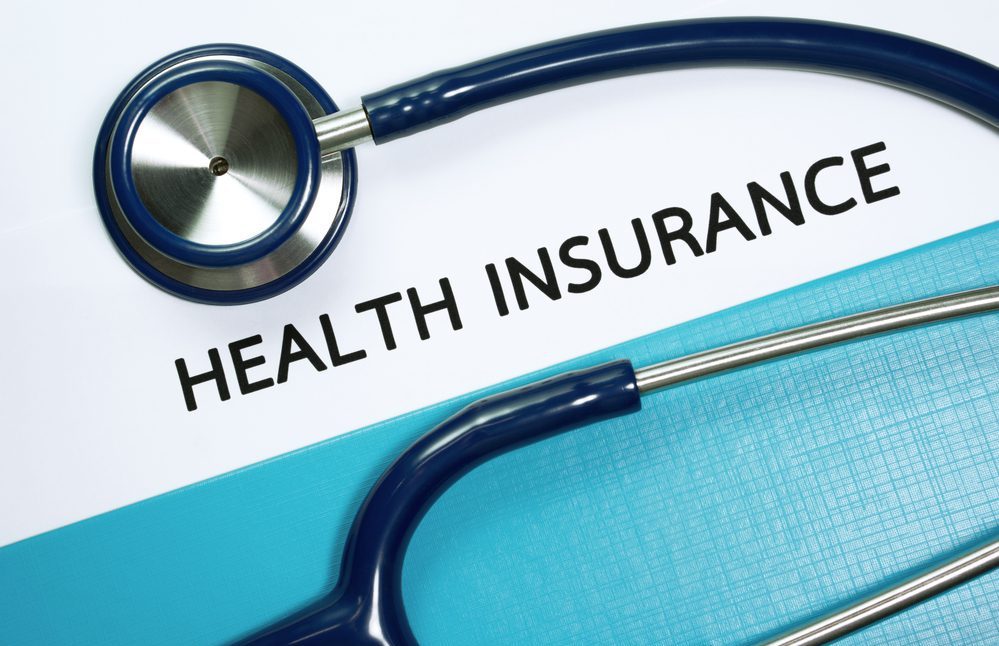Seven Tips for a Proper Diet During Menopause
The cessation of menstruation is a vital moment for the woman that can cause changes both physically and emotionally. Some common symptoms are weight gain, hot flashes, and tiredness, but also increased risks to bone and cardiovascular health. A balanced and healthy menopause diet will allow us to maintain adequate weight, strengthen our bones, and prevent cardiovascular diseases. We explain a series of recommendations related to your diet in menopause.
Strengthen your bones with a diet rich in calcium.
Over time, we lose calcium, and bone density tends to decrease. This situation is more accentuated as a result of menopause since the estrogen level, which helps protect bones, decreases.
In the long run, the deterioration of bone tissue can lead to osteoporosis and an increased risk of fractures as our bones become weaker. It is essential to increase calcium intake during this stage.
The foods richest in this mineral are milk and dairy products, although it is always better to opt for semi or skimmed products to reduce the number of saturated fats.
Foods with a high calcium content are vegetables, fish, nuts (especially almonds and hazelnuts), seeds, legumes (especially soybeans), and whole grains.
Increase sources of antioxidants with Vitamins A, C, and E
Foods rich in antioxidants help protect us from the action of free radicals and promote tissue regeneration. During menopause, ensuring an adequate supply of vitamins that protect us against cellular oxidation is highly advisable.
Vitamin A helps strengthen soft, and bone tissues and is present in green leafy vegetables and orange and red fruits, such as carrots, sweet potatoes, pumpkin, mango, paprika, etc.
Vitamin C is a powerful antioxidant and is necessary for forming tissues of blood vessels, cartilage, and muscles, for example. This vitamin also strengthens the immune system and helps use iron. Vitamin C can be found in citrus fruits, kiwi, and almost all vegetables (tomatoes, red pepper, etc.). Finally, Vitamin E helps us strengthen the immune system and can be obtained through virgin olive oil, nuts, and green leafy vegetables such as spinach and broccoli.
Include soy in your diet.
Several studies on the Asian diet have shown that regular soy consumption has numerous health benefits. This food helps increase HDL cholesterol levels (the good one), reduces the risk of cardiovascular diseases, inhibits the production of free radicals, and contributes to strengthening organs and tissues, thanks to its contribution to phytoestrogens.
In addition to consuming soy directly, we can consume fermented soy products, such as miso and tofu. We can also obtain phytoestrogens through the consumption of nuts and other legumes.
Avoid processed and industrial foods.
Ultra-processed foods, such as fried snacks, industrial pastries, or precooked dishes, are a source of trans-saturated fats that are harmful to health, so the less we consume these dishes, the better. It is also advisable to reduce the intake of foods with high levels of saturated fats, such as red and pork, sausages, and full-fat dairy products.
These recommendations are appropriate at any time of life, but during menopause, it is essential because they will also help us prevent hypertension and cardiovascular problems.
Limit caffeine, spicy foods, and alcohol
Coffee increases hot flashes and other vasomotor symptoms, such as night sweats, so reducing its consumption and replacing it with caffeine-free drinks is better. Spicy foods also have that effect, so it is advisable to stop eating them during menopause, at least at dinner time.
On the other hand, excessive alcohol consumption also has detrimental effects. It increases the risks of cardiovascular disorders and can harm mood, increasing fatigue and apathy. In addition, it has proven to be a factor that accelerates the onset of menopause, so it is better to limit alcoholic beverages to occasional consumption.
Reduce stress and fatigue through your diet.
Sugary food causes sudden changes in blood glucose levels, which can lead to irritability. A source of complex carbohydrates, such as bread or whole grains, gets a more stable supply of glucose, which will help you reduce mood changes.
During menopause, skipping meals is not advisable since hypoglycemia can cause problems such as tiredness, nervousness, or lack of concentration. On the other hand, if we want to contribute to the diet to feel better emotionally, we must include a sufficient amount of healthy proteins. Tryptophan is an essential amino acid for synthesizing serotonin, which can be found in proteins of animal origin, such as eggs, milk, fish, and meat, as well as in whole grains or pumpkin seeds.
Exercise outdoors every day
Vitamin D helps absorb calcium and strengthen bone tissue, so it is essential to have a sufficient daily intake. Still, it is difficult to obtain it through diet since only a few foods contain it in insufficient quantities.
The best way to get Vitamin D is through the sun’s rays. Therefore, if we perform physical activities outdoors, such as walking, running, or cycling, we will not only be taking care of our muscles and cardiovascular health, but we will also be able to strengthen the bones thanks to this essential vitamin.









